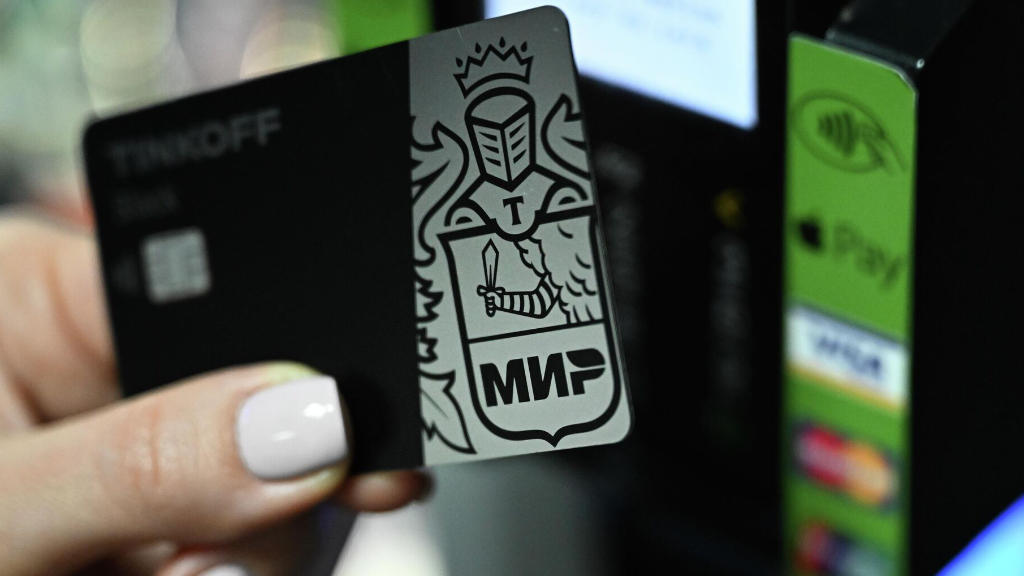The United States has imposed sanctions against Russia’s JSC NSPK, the operator of MIR payment cards. These act as a Russian form of Visa and Mastercard and allow card holders the ability to access ATM machines, pay for goods in stores and conduct transactions.
The latest countries to be targeted by US secondary sanctions are Armenia, Kazakhstan and Kyrgyzstan, who all received notice that the US would impose sanctions on their banking sectors if they continued to allow access to Russia’s MIR cards. Armenia suspended MIR card access on March 30, while Kazakhstan and Kyrgyzstan will suspend use on Friday (April 5). MIR card users will no longer be able to make non-cash payments at point-of-sale terminals, to withdraw cash from ATMs, to transfer from card to card, or to make internet payments.
Belarus and Tajikistan have also been placed under US pressure to follow suit.
The moves hit private sector individuals, many of them migrant workers who travel to Russia for casual work. It also impacts small businesses who trade with Russia. All the countries concerned have long-standing trade agreements with Moscow. Visa, Mastercard and American Express withdrew from the Russian market in 2022.
The moves however does not impact MIR card use within Russia, nor will it affect inter-bank transfers. It is still possible to transfer money online via direct bank transfers between Russia and the affected nations.
Olga Skorobogatova, the deputy Chair of the Bank of Russia, said that the regulator was working on solving the problem. The Central Bank is studying the possibilities of expanding the ATM networks of Russian banks’ subsidiaries and using the Faster Payments System (SBP) instead of the SPFS network in other countries.




